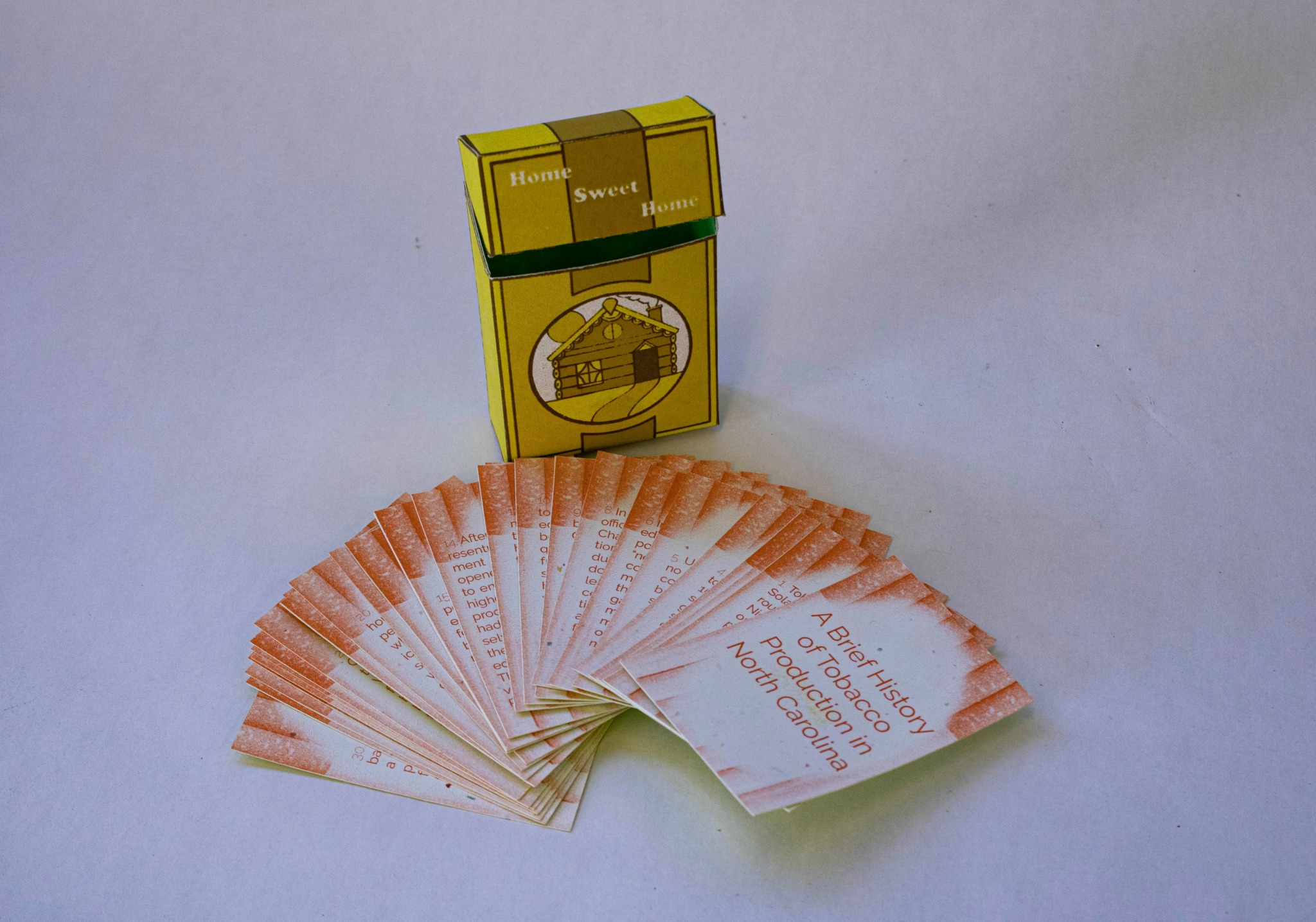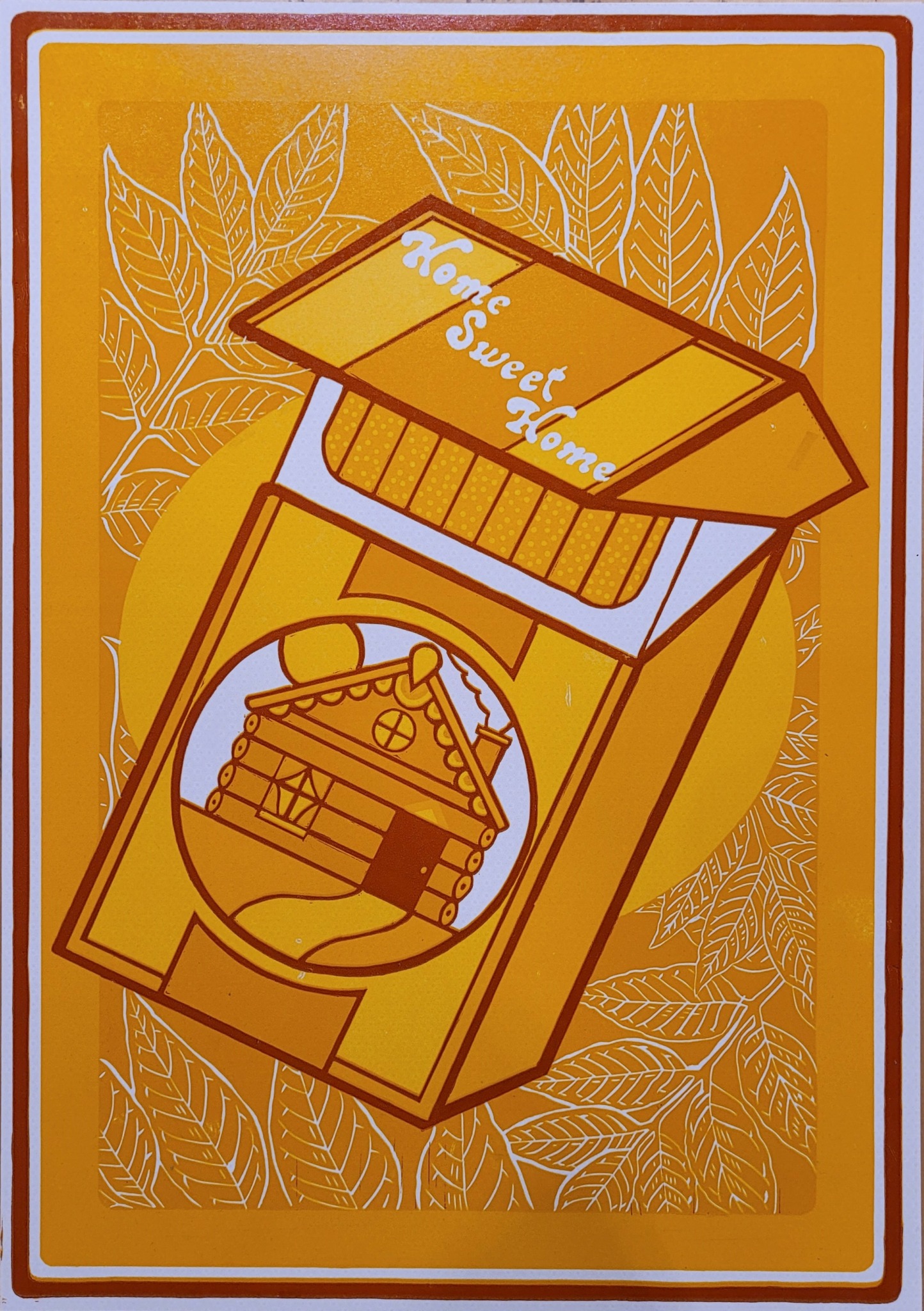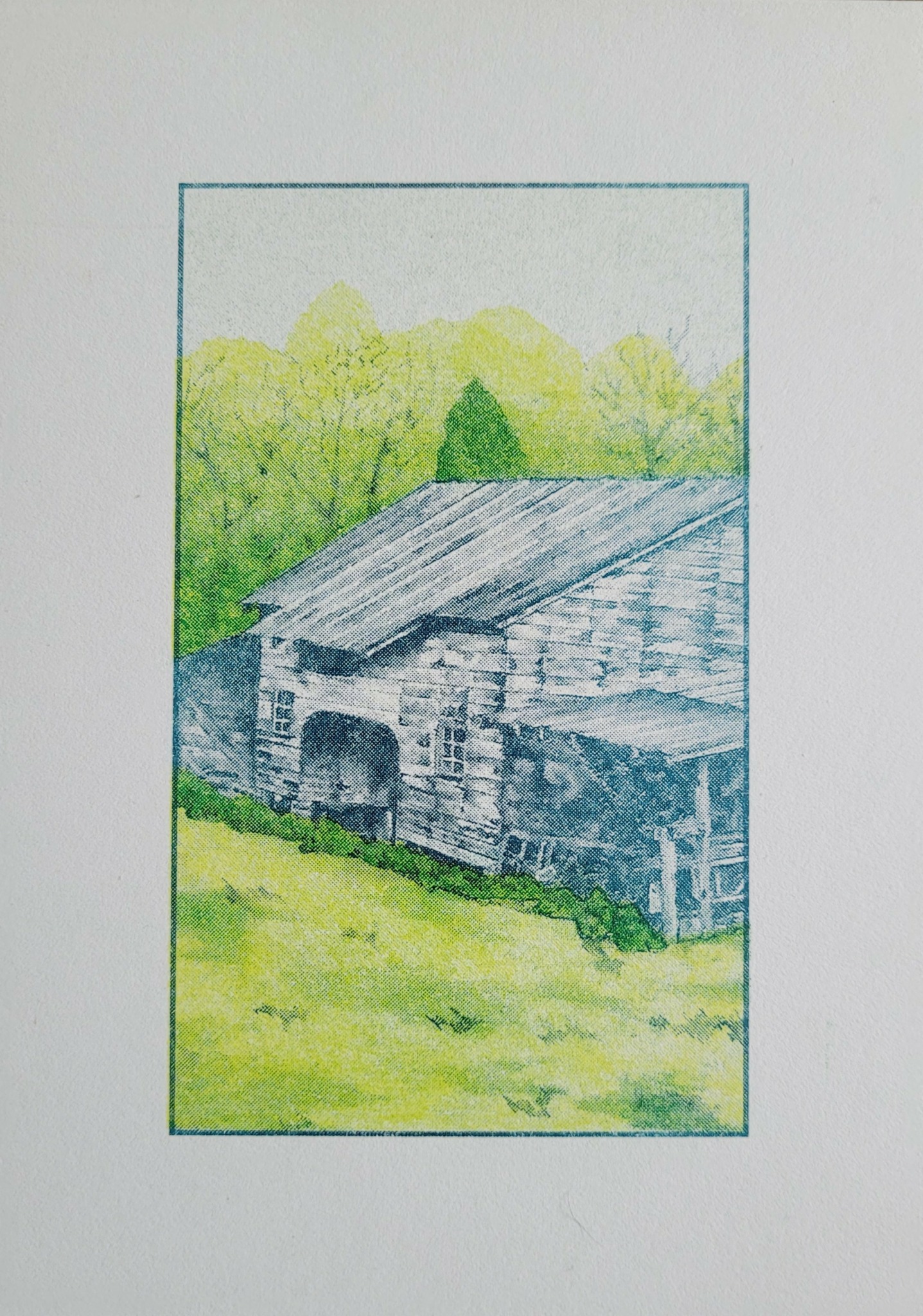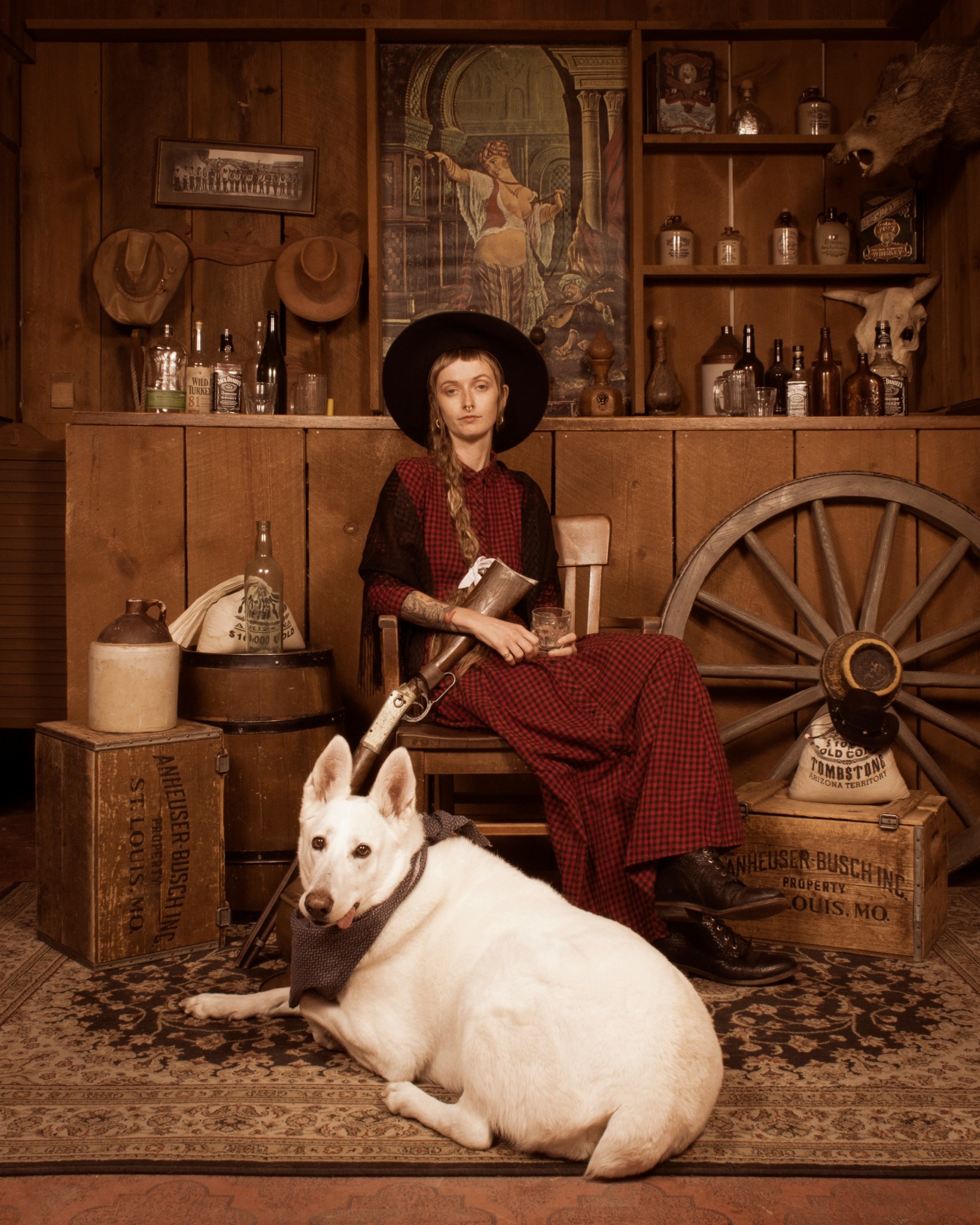We were lucky to catch up with Jesse Hinson recently and have shared our conversation below.
Jesse , thanks for joining us, excited to have you contributing your stories and insights. Are you happier as a creative? Do you sometimes think about what it would be like to just have a regular job? Can you talk to us about how you think through these emotions?
I don’t know that I have a concrete answer to this question but it is something I get asked a lot. There are elements to pursuing a career in the arts that are wonderful but simultaneously soul sucking.
For as long as I can remember making art has been pretty much the only thing I have ever put any genuine effort, time, and thought into. When I started applying to colleges as a teen, the idea of studying something that wasn’t art felt like a daydream because, as far as I was concerned, I didn’t have another choice. I had absolutely no idea what that would look like as a tangible career or a way to make money, but I knew it’s what I wanted to do. And I loved it. I loved art school (generally wasn’t a great student, but I digress). Trying new things, learning new skills, just surrounding myself with the things I love to do. Art school also gave me a lot of life lessons, experiences, and creative problem solving that doesn’t happen in other areas of higher education.
With that said, as much as I am grateful for so many of the experiences I’ve had, I feel largely disillusioned with the arts community in a way I hadn’t expected. Academia is a predatory and exploitative monster all on it’s own. It’s hard to maintain a desire to engage in my field when so much of what I see happening directly contradicts with my own morals and ethics on how we should be paying for and dividing labor. I went into grad school still wearing rose colored glasses about what higher education and a career in the arts looked like, and it was a hard lesson learned.
I say all that to say, I don’t know that I would be happier if I wasn’t working in a creative field or teaching. I certainly don’t regret any of the choices I’ve made. But I would be lying if I said I looked at some of my friends who have “normal” jobs and don’t sometimes feel a tinge of jealousy at the stability and certainty that their careers provide. But ultimately, I did what felt right for me, when it felt right to do it, and if I hadn’t I would have been left with a lot of “what if’s” floating around. Despite how disillusioned I’ve become with a lot of what I do, I will say it’s also led to some of the most wonderful experiences and incredible people, things that were so far beyond my comprehension as a teenager who just thought it would be cool to get really good at drawing. And that’s pretty amazing.
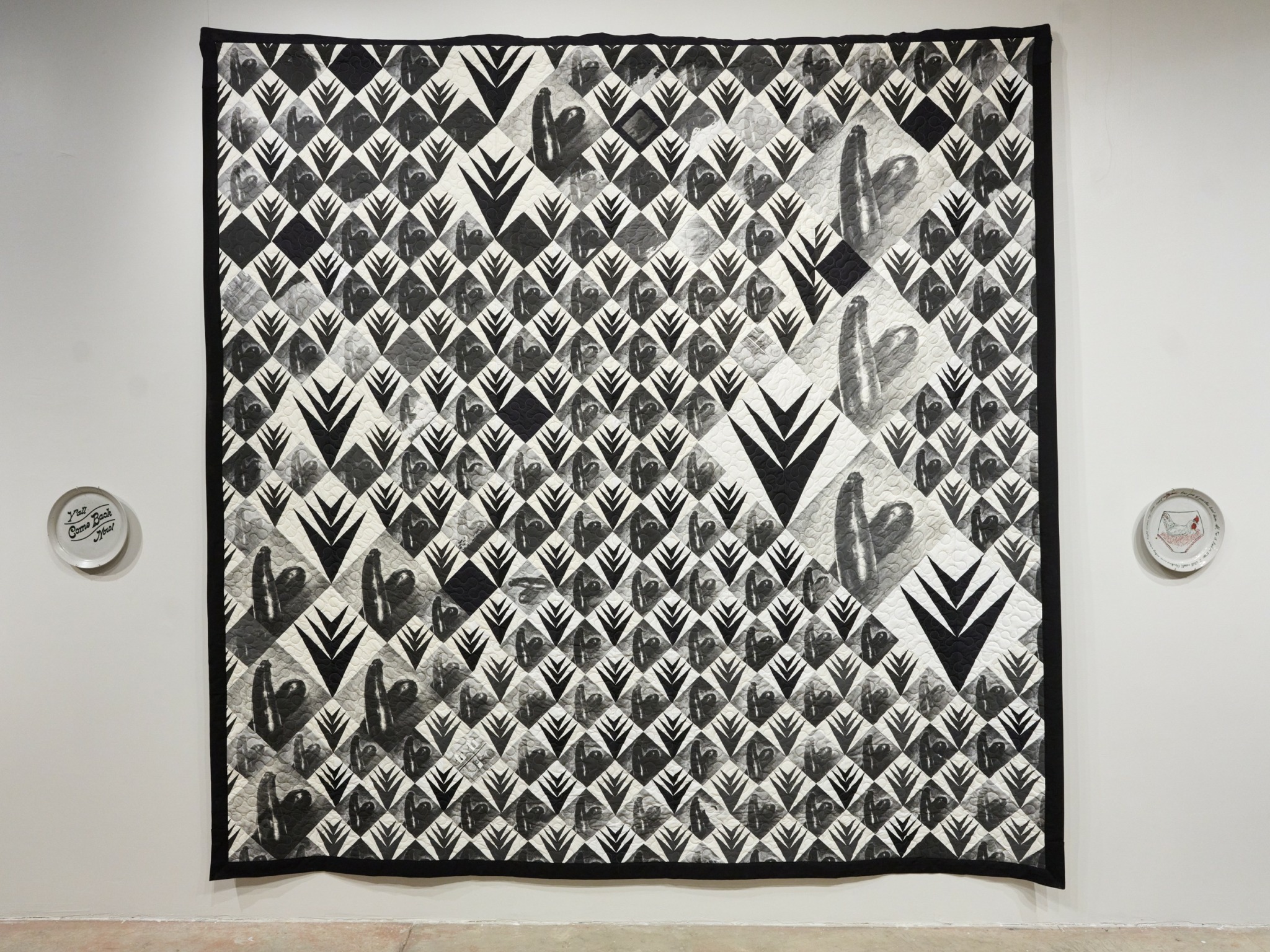
Awesome – so before we get into the rest of our questions, can you briefly introduce yourself to our readers.
I’m fourth generation born and raised in a very small farming community in rural North Carolina, and as much as I love the south, all I ever remember wanting to do was leave. And that’s exactly what I did. After I graduated from high school I moved to San Francisco to study painting at the San Francisco Art Institute. Ultimately, I’m glad I ripped the band-aid and left when I did, but the culture shock was a devastating blow for me and I ended up transferring to the University of North Carolina in Asheville about two years later. While there I received my BFA in printmaking, then ended up staying an additional two years to complete coursework in ceramics and take some new media classes. I worked a lot of odd jobs through undergrad and ultimately decided that, after finishing up with school, I was tired of odd jobs, so I started applying to grad schools. Which is how I ended up in Tucson, Arizona. I received my MFA in printmaking in 2022 from the University of Arizona, where I have been teaching ceramics and (occasionally) installation and extended media. I also teach drawing 1 and basic design at the community college.
As a southerner marooned in the heart of the Sonoran Desert, I have to say that my time away from home is what ultimately opened my eyes to how much I love and appreciate the place that I am from. It’s not lost on me, nor should it be on anyone, that the south has a heavy and violent history. But it’s also beautiful and it’s full of history and culture and community that doesn’t exist anywhere else in the world. It’s hard to listen to folks from outside of the south say “it’s so backwards, lets just get rid of it” while simultaneously planning vacations to Savannah and Asheville because they love the food and scenery. We don’t get to cherry pick. You can’t exploit communities for the parts of something that you like and then laugh at them because you don’t agree with their situation. It’s not a conversation that a lot of people want to have, but through my work I explore things like colloquialisms, food, and humor as a means to make these topics more approachable and lighthearted. It’s my hope that by understanding some of the histories behind things they are already interested in, it gives them a more complete picture of the south and not only opens their eyes to why things are the way that they are, but also encourages them to look more empathetically at a place that is full of prideful people who are deeply engaged with their communities.
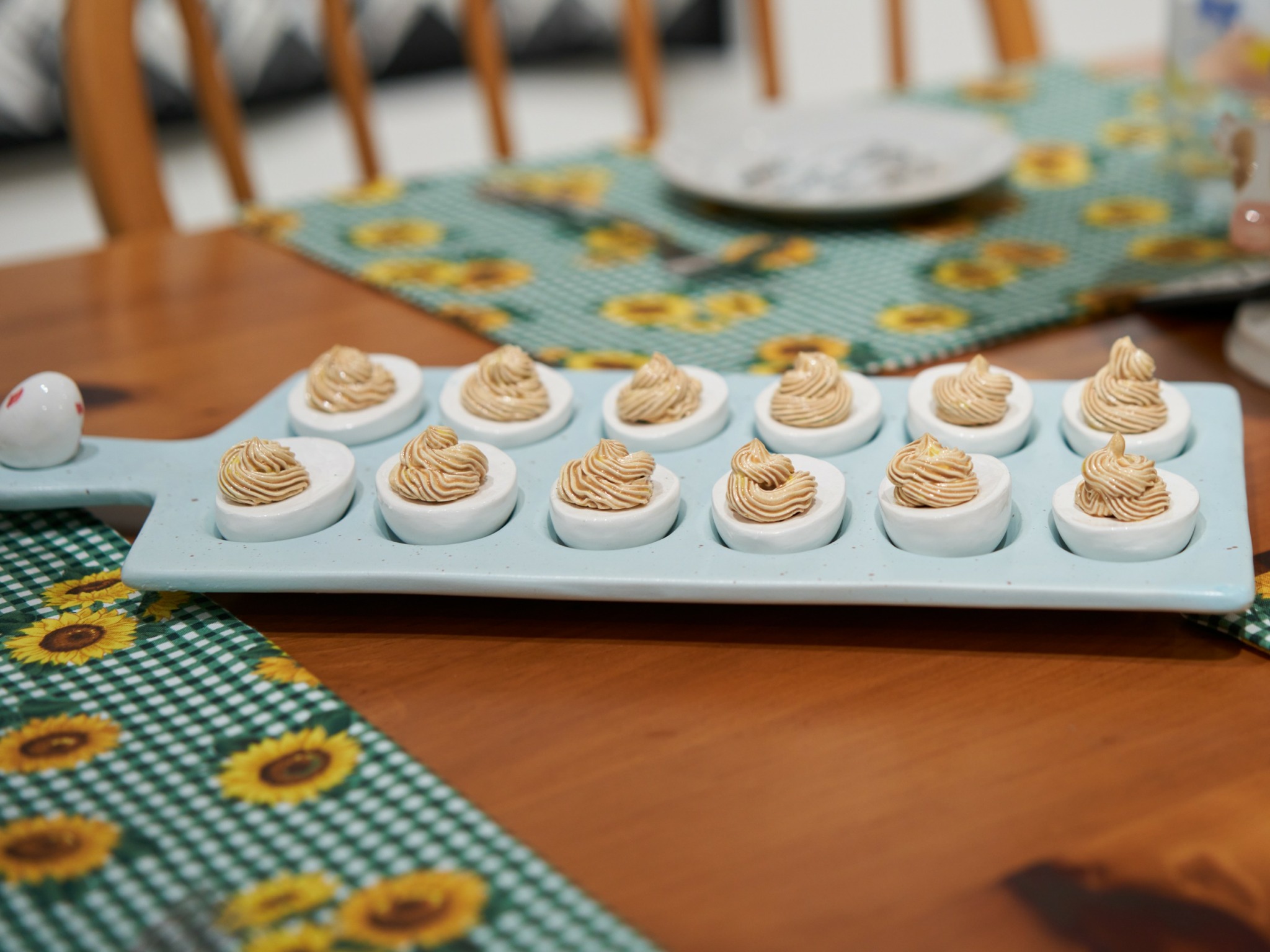
In your view, what can society to do to best support artists, creatives and a thriving creative ecosystem?
This seems like such an obvious answer, but pay artists, buy things from artists, don’t haggle at art markets, etc! Artists across the board are exploited through unpaid labor and it is so frustrating. If you want the things that we make, then help us by making sure we have the funds to keep making things.
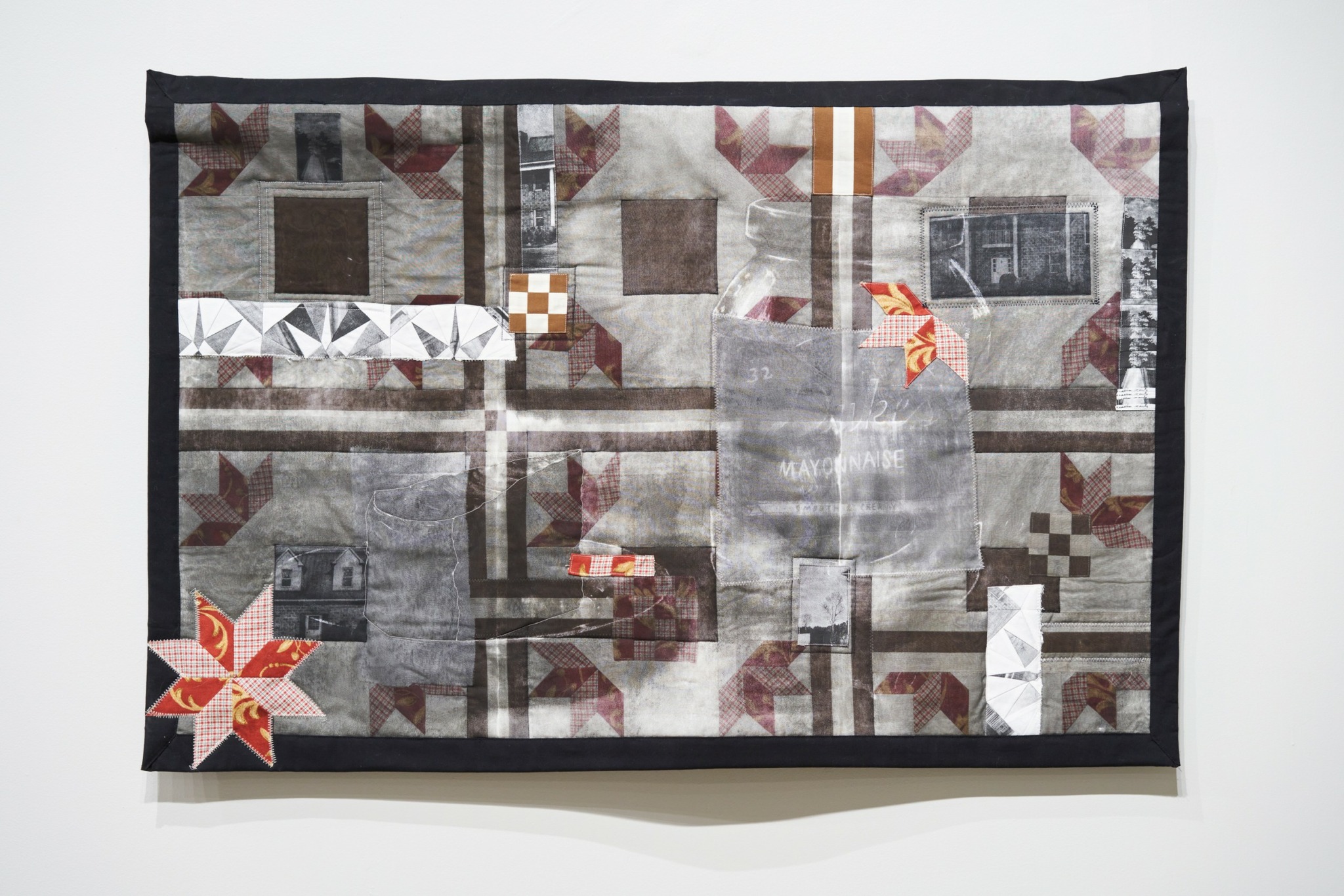
What’s a lesson you had to unlearn and what’s the backstory?
I don’t know if there’s a backstory, as much as just a slowly learned lesson. Other artists are NOT my competition, they are my community. There’s room for all of us at the table if we all hold space. Not everyone will make it to the head of the table, but that’s okay, because they are still at the table with us. It’s easy to feel jealous and frustrated about your friends success, but you have to let it roll off and genuinely show up for your friends when you see them succeed. These are the people that are going to help promote you, that are going to gas you up, that are going to give you advice when you need it, and if you’re not showing up for them in the same way, you’ll be hurting just as badly when you need them.
Contact Info:
- Website: https://www.jessehinson.com
- Instagram: @jessethinksyoureannoying
